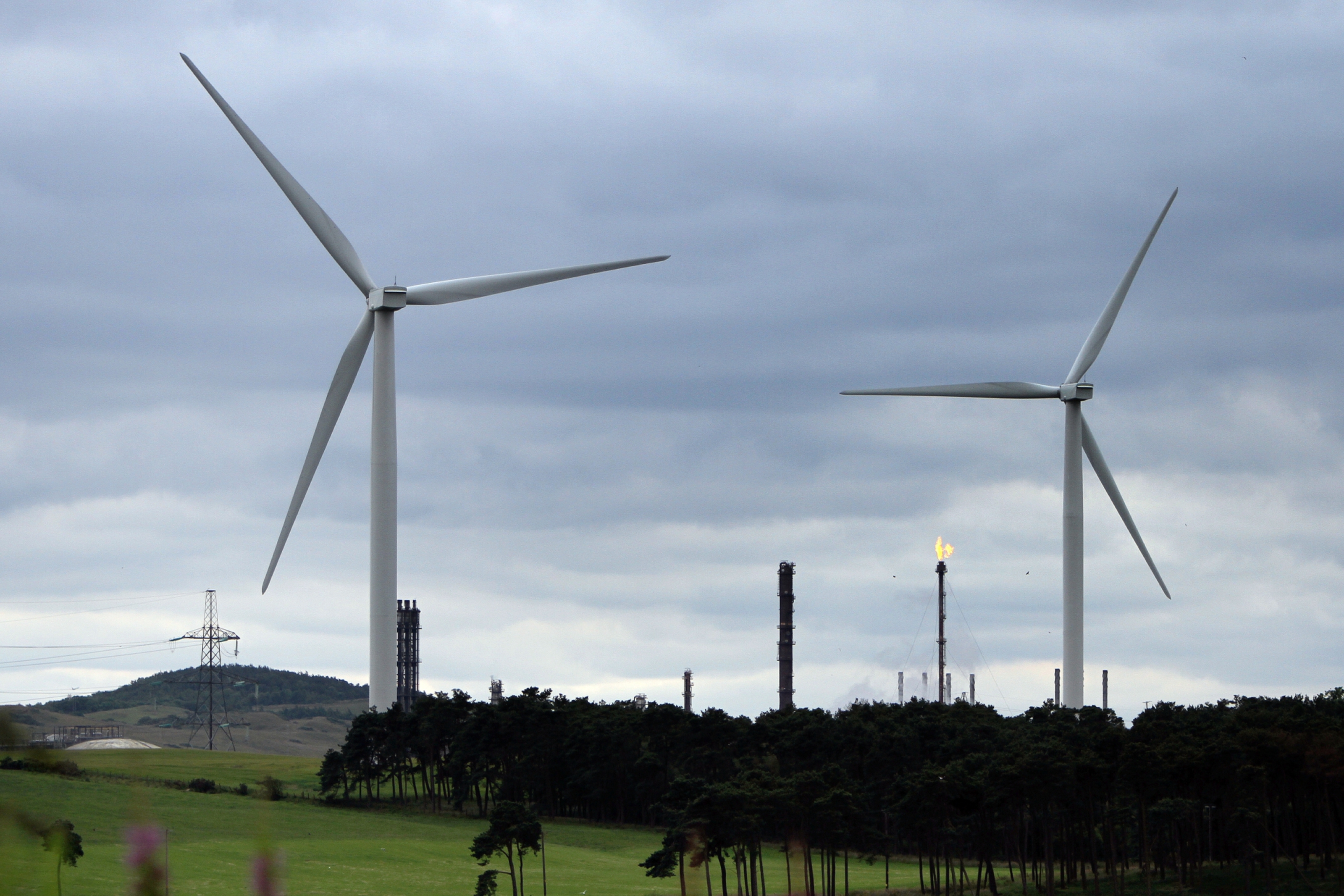Thousands of jobs are at risk in Scotland because of the Conservative Government’s assault on the renewable energy industry, it has been claimed.
MPs have said Scotland has suffered a “disproportionate impact” from the UK Government’s subsidies cuts in a scathing report published today.
The axe has fallen “particularly heavily” on the UK’s onshore wind industry, most of which is generated north of the border, the Scottish Affairs Committee found.
The report highlighted the early closure of the renewable obligation scheme, which requires electricity suppliers to source energy from renewable sources, and cuts to subsidies for householders and businesses who generate their own energy.
“The fact that cuts fall particularly heavily on onshore wind, where the majority of capacity is deployed in Scotland, means that these changes will have a disproportionate impact on the prospects of Scotland’s renewable sector,” the report said.
Jenny Hogan, from Scottish Renewables, said the report highlights the “very real and bruising impacts of the sudden cuts and changes”, which puts 5,400 jobs at risk and will cost Scotland “up to £3 billion in lost investment”.
Some 60% of the UK’s onshore wind generating capacity is located in Scotland, while 85% of the hydropower schemes are based here.
The UK Government has said their support has driven down the cost of renewable energy meaning it is “easier for parts of the renewables industry to survive without large subsidies”.
Graham Lang, chairman of Scotland Against Spin, which campaigns for reform of Scottish wind energy policy, said much of the report in fact “vindicates the thousands of Scots who are opposed to the unlimited expansion of onshore wind farms”.
“The report shows that Scotland has only been ‘disproportionately’ hit by subsidy cuts because the levels of wind development and subsidy have been disproportionately high in Scotland when compared to the rest of the UK,” he said.
“The most important part of this report is the weight it gives to voices from communities in Scotland who are suffering the ill-effects of excessive turbine development.”










